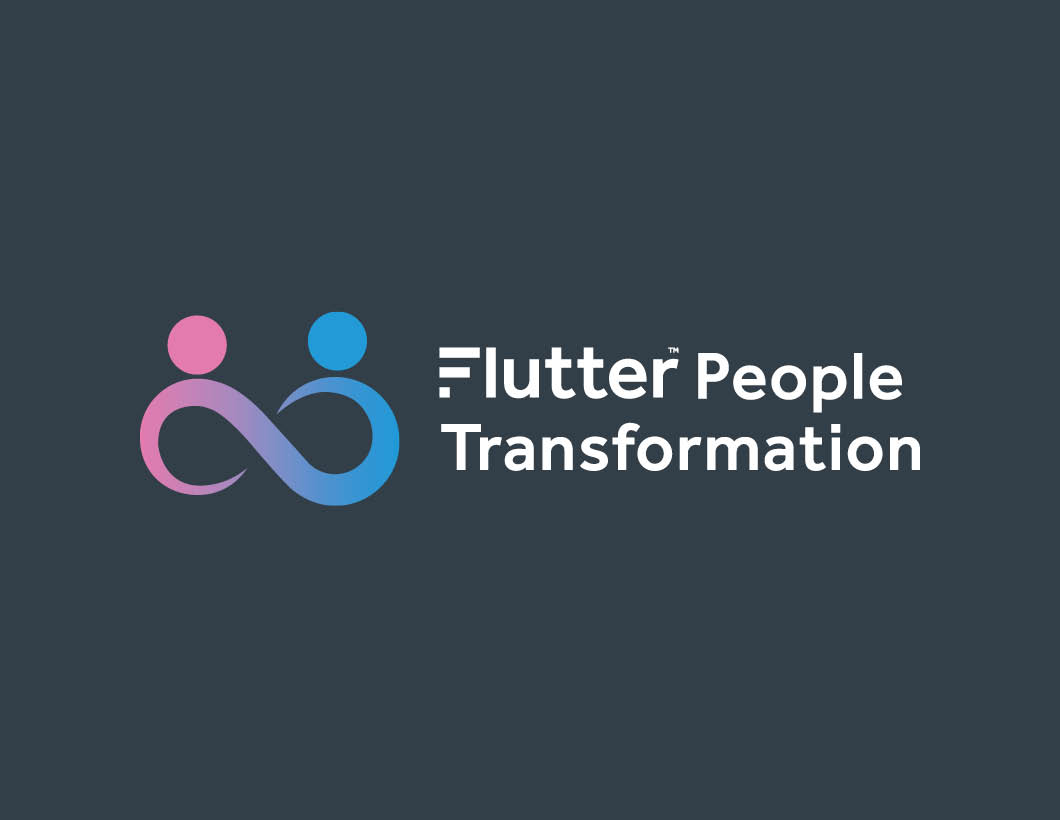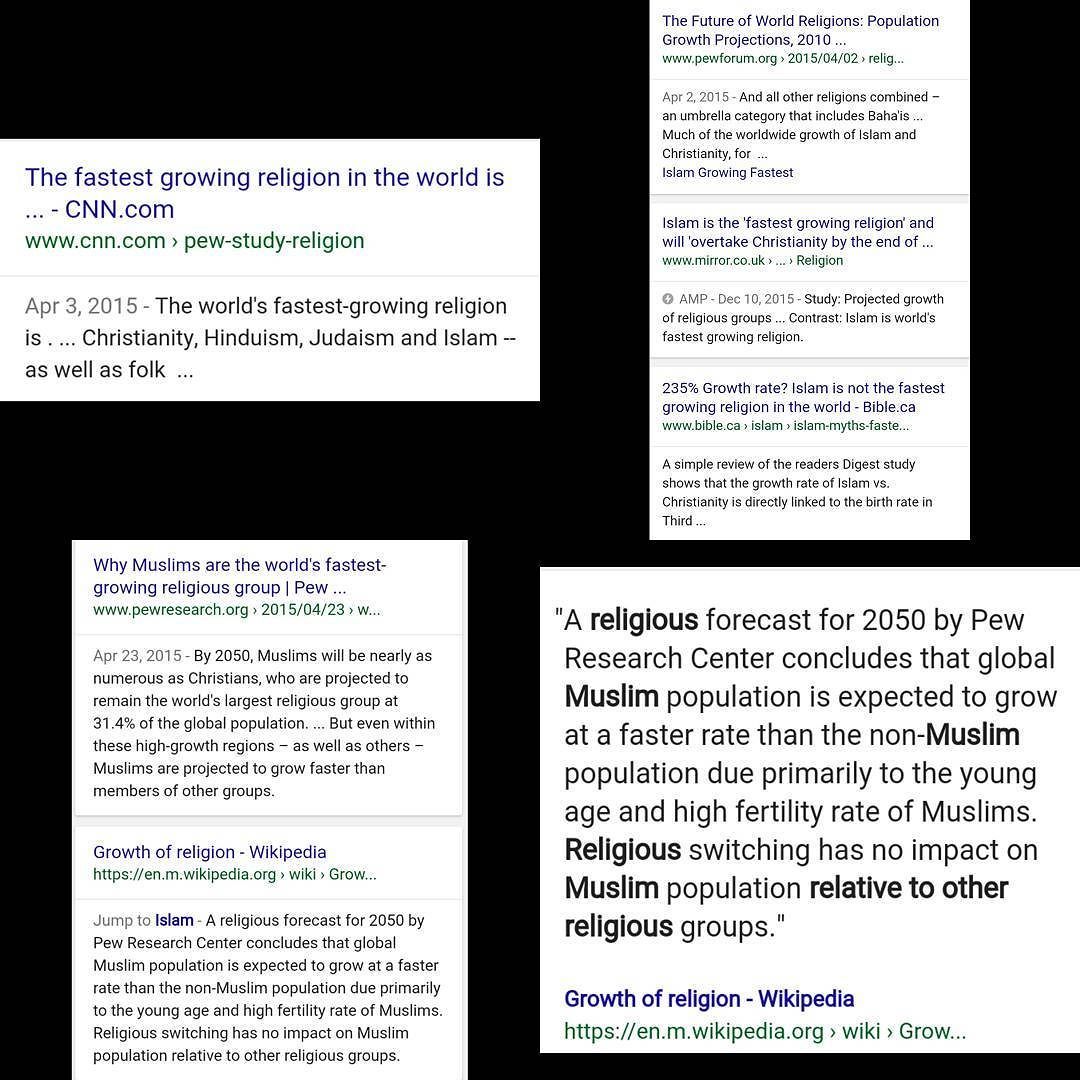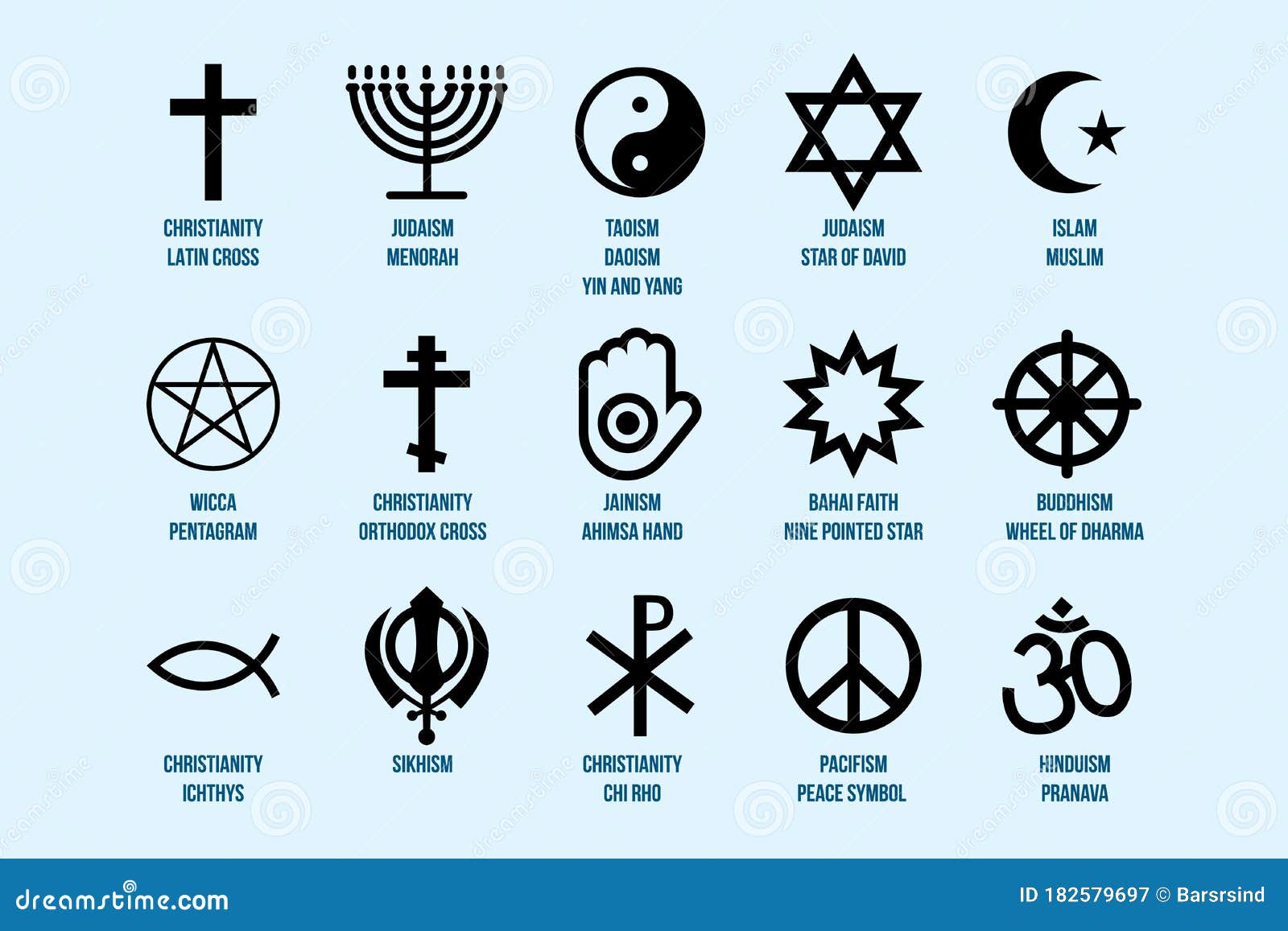Understanding Whether Judaism Is a Closed Religion: Access, Identity, and Conversion Explained
Introduction: What Does It Mean for a Religion to Be “Closed”?
The concept of a “closed religion” refers to spiritual traditions that maintain boundaries on who can join or fully participate. While some religions actively seek converts and welcome newcomers, others emphasize ethnic, cultural, or tribal identity and apply rigorous standards for inclusion. This article explores whether Judaism qualifies as a closed religion, how it defines group membership, and the practical steps for those interested in conversion or engagement. We will address the complexity of Jewish identity, the conversion process, and the unique features that set Judaism apart from more universally open faiths.
Defining Judaism: More Than Just a Religion
Judaism is best understood as an ethnoreligious tradition -it encompasses spiritual, cultural, legal, and ancestral dimensions. Unlike many religions that primarily define membership by belief or ritual, Judaism has historically been tied to the Jewish people as a nation or tribe, with shared ancestry from the ancient Land of Israel. [2] This means that, in many contexts, Jewish identity is both inherited and practiced, making the community’s boundaries more complex than those of other world religions.
Judaism’s core texts, such as the
Torah
and
Talmud
, form the basis for religious observance. However, belonging to the Jewish people is often seen as an identity that transcends mere belief, encompassing cultural customs, language, and shared history.
[2]
This dual nature is one reason why the question of openness or closedness is so nuanced.
Judaism as a “Closed Practice”: Conversion and Membership
The process of joining Judaism is markedly different from that of religions like Christianity or Islam, which generally encourage conversion based on shared belief. In Judaism, conversion is possible, but it is not simply a matter of professing faith. Instead, it is treated as a rigorous, community-centered process akin to naturalization into a tribe or nation. [5]
Traditional Jewish law (
Halacha
) requires prospective converts to:
- Demonstrate sincere commitment to Jewish beliefs and practices
- Undertake extensive study of Jewish law, culture, and tradition
- Participate in Jewish communal life and rituals
- Undergo a formal process overseen by a recognized rabbinic authority
Potential converts are often initially discouraged, a practice rooted in the idea that joining the Jewish people is a significant and lifelong commitment. [1] Only after repeated demonstration of intent does the process move forward.
Practical Steps for Conversion
If you are interested in converting to Judaism, here are the general steps:
- Contact a local synagogue or recognized rabbinic authority (Orthodox, Conservative, or Reform, depending on your location and preference).
- Request information on their conversion process, as requirements can vary by denomination and community.
- Expect to participate in an introductory interview and period of study, which may last a year or more.
- Engage in regular synagogue attendance, ritual participation, and community involvement.
- Undergo a final evaluation, which may include a Beit Din (rabbinical court), immersion in a mikvah (ritual bath), and, for males, circumcision or symbolic circumcision if already performed.
Because conversion is community-based, you may need to search for “conversion to Judaism” along with your city or preferred denomination (e.g., “Reform Judaism conversion process New York”) to find recognized programs and contacts. If you are uncertain which community to approach, you can call the main office of major Jewish organizations in your region, such as the Jewish Federations of North America, or use the contact form on their official websites for further guidance.
Closed Practices Within Judaism
Even among those born Jewish, not all religious practices are universally accessible. For example, the study of Kabbalah -a branch of Jewish mysticism-has traditionally been restricted to mature, learned Jews, often male and over the age of 40, who have demonstrated a lifetime of Torah study. [3] Some sects remain highly insular, with their own languages, customs, and community rules. This reflects the historical need to protect communal integrity and identity, especially in the face of repeated persecution.

Source: abtech.edu
Jewish Diversity: Variation in Openness and Community Attitudes
Within Judaism, there is no single, uniform approach to openness or closedness. Some branches, such as Reform Judaism, actively welcome converts and interfaith families, while others, particularly in the Orthodox and Hasidic communities, maintain strict boundaries. [4] For instance, Chabad Lubavitch is known for outreach, but many Hasidic or Haredi communities are intentionally insular. Liberal and progressive Jewish movements may have more accessible conversion pathways and greater openness to newcomers.

Source: patheos.com
This diversity means that a person’s experience seeking to join Judaism or participate in Jewish life can vary dramatically depending on which community they approach. It is important to research your options, reach out to local synagogues or Jewish organizations, and seek personal guidance from clergy or community leaders.
Challenges and Considerations for Prospective Converts
Converting to Judaism is often a rewarding but demanding process. Prospective converts should be prepared for:
- Extended periods of study and practice
- Potential initial discouragement from rabbis or community members
- Differences in recognition of conversion between denominations (e.g., Orthodox conversions may not recognize Reform conversions)
- Requirements for full immersion in Jewish communal life
To address these challenges, consider seeking out multiple perspectives. Some communities offer mentorship programs, classes for prospective converts, or online resources. If you face obstacles, you may want to contact broader Jewish organizations for advice, such as the Union for Reform Judaism, the United Synagogue of Conservative Judaism, or local Jewish federations. Search for “Jewish conversion resources” plus your location for tailored guidance.
Alternative Approaches: Engaging with Judaism Without Conversion
For those interested in learning about or participating in Jewish religious or cultural life without formally converting, there are alternative pathways:
- Attend public lectures, festivals, or cultural events sponsored by local Jewish organizations
- Participate in educational programs or interfaith dialogues
- Volunteer with Jewish community service projects
Many communities welcome non-Jewish guests at certain events and encourage respectful exploration. If you are interested, contact your nearest synagogue or Jewish community center for information on open events and educational offerings.
Key Takeaways
Judaism is often described as a closed religion because entry is mediated by ethnic, cultural, and legal criteria, and conversion is a careful, community-based process. However, there is variation in how open communities are, and multiple pathways-both formal and informal-exist for those seeking to engage with Jewish life. If you are considering conversion or simply wish to learn more, begin by reaching out to local synagogues, Jewish organizations, or reputable online resources. Take the time to understand the requirements and expectations of different communities, and remember that building relationships and demonstrating sincere commitment are essential steps in this journey.
References
- [1] EmberVoices (2016). On Closed Traditions: Discussion of openness and closedness in Judaism and other faiths.
- [2] Wikipedia (2024). Judaism: History, identity, and ethnoreligious features.
- [3] Roots Metals (2022). Judaism is a closed practice: Conversion, tribal identity, and Jewish law.
- [4] My Jewish Learning (2015). Is Judaism Open or Closed?: Variations by denomination and community.
- [5] Roots Metals. Open/Closed Religions: Jewish identity and conversion compared to other world religions.
MORE FROM cheerdeal.com













